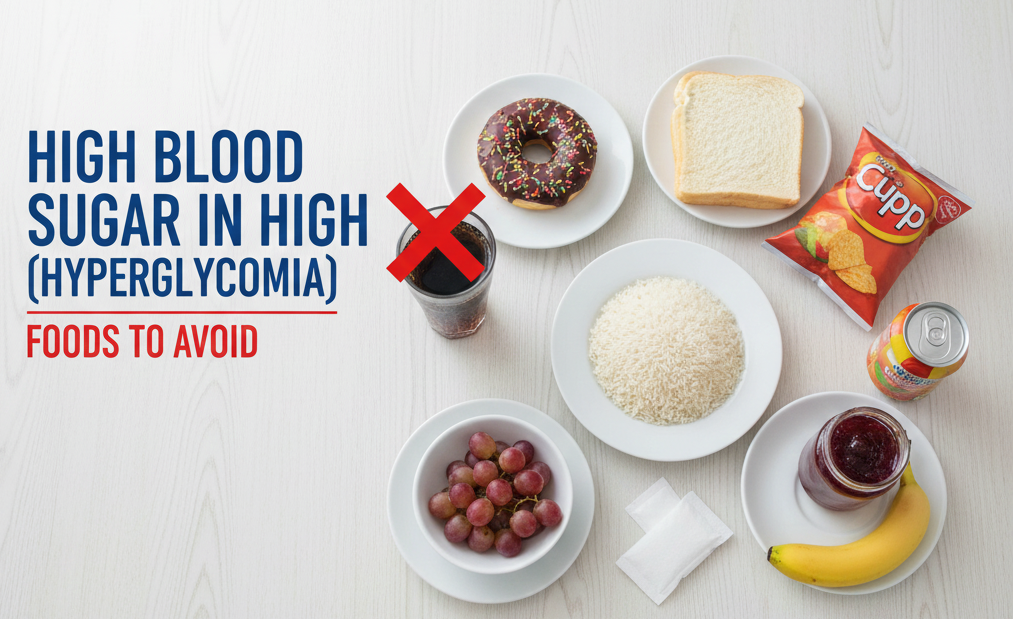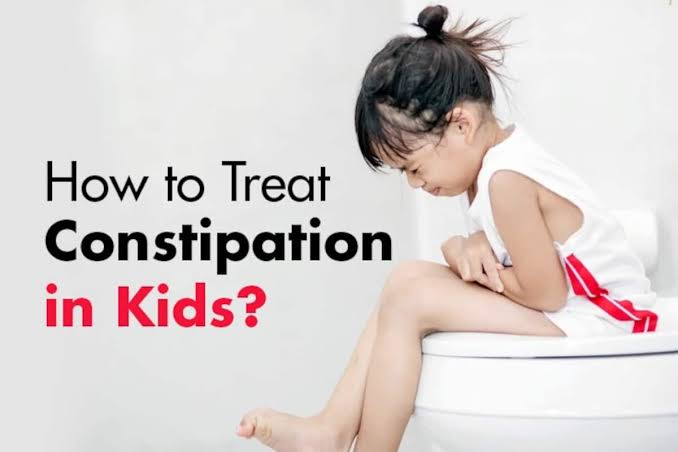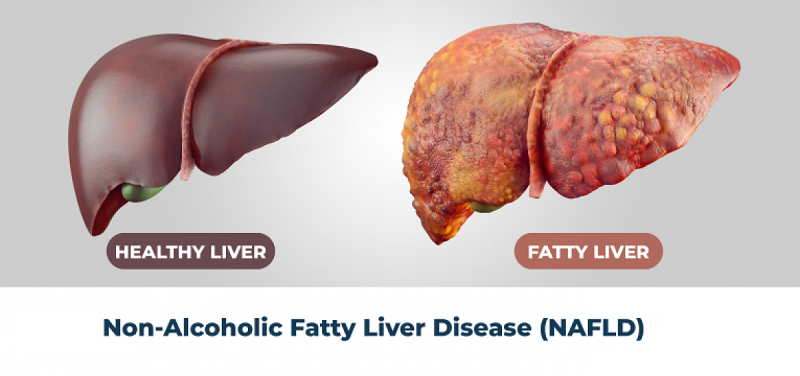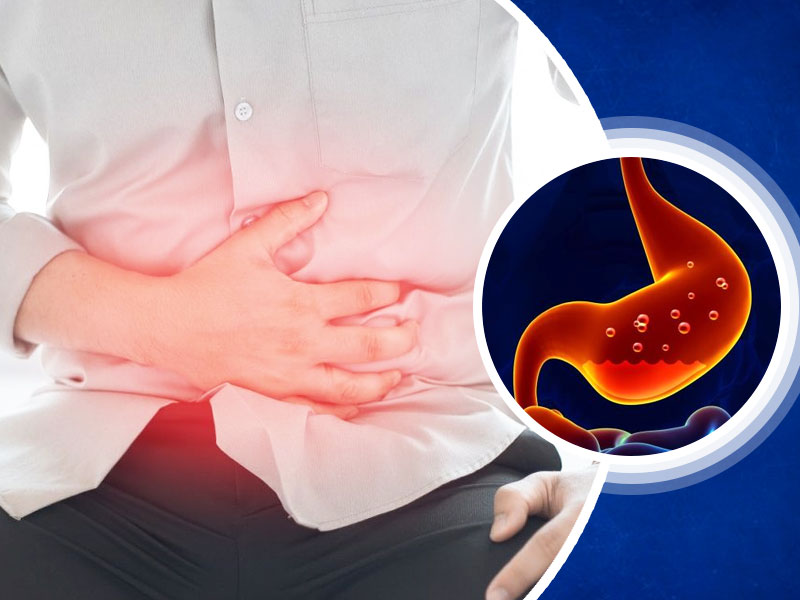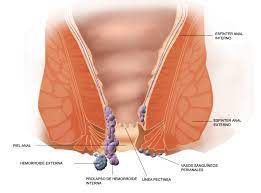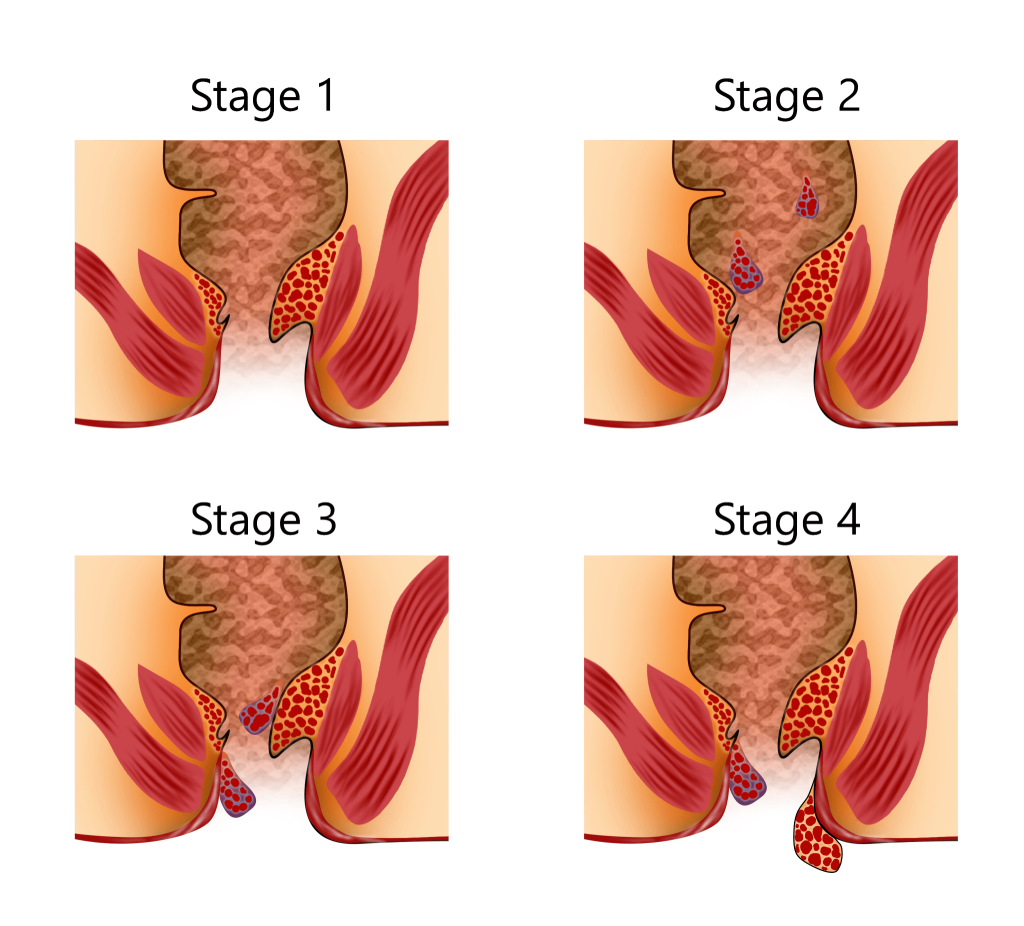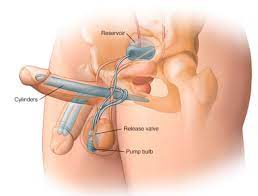IBS treatment
Title: A Comprehensive Guide to IBS Treatment
Introduction:
Irritable Bowel Syndrome (IBS) is a common gastrointestinal disorder affecting millions worldwide. Its symptoms, including abdominal pain, bloating, and altered bowel habits, can significantly impact daily life. While there's no cure for IBS, various treatment approaches can help manage symptoms and improve quality of life. In this article, we'll explore the diverse landscape of IBS treatment options, ranging from lifestyle modifications to medical interventions.
1. Understanding IBS:
- Brief overview of IBS symptoms and its impact on daily life.
- Differentiation between IBS subtypes (IBS-D, IBS-C, IBS-M, and IBS-U).
2. Lifestyle Modifications:
- Dietary changes: Low-FODMAP diet, fiber supplementation, avoiding trigger foods.
- Stress management: Mindfulness techniques, relaxation exercises, therapy.
- Regular exercise: Benefits of physical activity in managing IBS symptoms.
3. Pharmacological Treatments:
- Antispasmodic medications: Relieve abdominal cramping and pain.
- Probiotics: Supplements containing beneficial bacteria for gut health.
- Laxatives and anti-diarrheal medications: Depending on predominant symptoms.
- Prescription medications: Tricyclic antidepressants, alosetron, lubiprostone, and rifaximin for specific cases.
4. Alternative Therapies:
- Herbal supplements: Peppermint oil, ginger, and other natural remedies.
- Acupuncture: Traditional Chinese therapy believed to restore balance in the body.
- Hypnotherapy: Psychological intervention to alleviate IBS symptoms.
5. Emerging Treatments:
- Fecal microbiota transplantation (FMT): Investigational therapy for restoring gut microbiota balance.
- Microbiome-targeted therapies: Research into the role of gut bacteria in IBS and potential treatments.
- Novel pharmacological agents: Ongoing clinical trials exploring new drug targets for IBS management.
6. Patient-Centered Care:
- Importance of individualized treatment plans tailored to patients' specific symptoms and needs.
- Regular communication with healthcare providers to monitor progress and adjust treatment as necessary.
- Support groups and patient education resources for coping with IBS and finding community.
Conclusion:
While living with IBS can be challenging, there is hope for relief through a combination of lifestyle modifications, pharmacological treatments, and alternative therapies. By working closely with healthcare providers and exploring the diverse range of treatment options available, individuals with IBS can reclaim control over their digestive health and improve their overall well-being. Remember, finding the right treatment approach may require patience and persistence, but the journey towards relief is worth pursuing.

